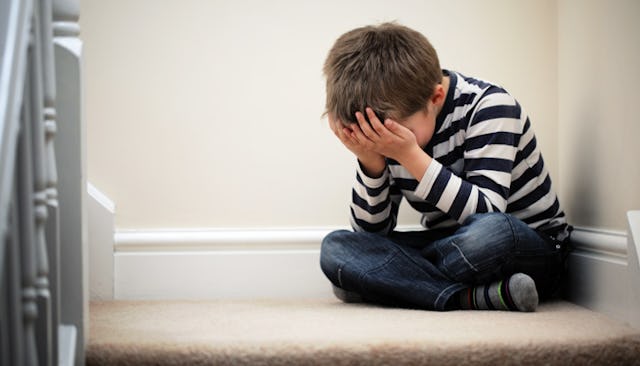They Don't Want To Be Here

Two children taken from their home arrived in ours Friday night. It was their first night away from their mom. Ever.
The 5-year-old wept as the case-worker helped him through our front door. And for the next 90 minutes, he screamed.
Repeating his clear words again and again and again. “I don’t want to be here. I want to be with my momma.”
His 7-year old brother stood beside him. His tears more muffled, but just as steady.
The case-worker called their mom on speaker phone to try to calm the boys. It didn’t.
Tissues piled on the floor as they blotted their wet faces.
There was no magic remedy or redirection to calm these cries and so, finally, the case-worker left. We both knew there wasn’t a chance of the little guy settling until she was gone.
We produced a movie and some ice cream.
Their half-empty bowls proved it a feeble attempt. But the screams eventually died down.
Together, we all spent that first night in the living room. The sounds of a tv were familiar. And they needed familiar.
In the night, each boy woke up and gently tapped on my husband’s shoulder, the child wondering where he was, the house unfamiliar to him.
The next day seemed to fly by with delight. A trampoline. Basketball. Parks. And then a trigger. The younger fella remembered. He’s not going home tonight. He doesn’t know when he will go home. And again screams came. “I don’t want to be here. I want to be with my momma.”
A little boy misses his momma. He wants to know when he’ll see her. When he’ll be back home. But we don’t have an answer. Foster care rarely comes with answers. And our empathetic nods and bowls of ice cream don’t cut it. For them or for us.
This article was originally published on